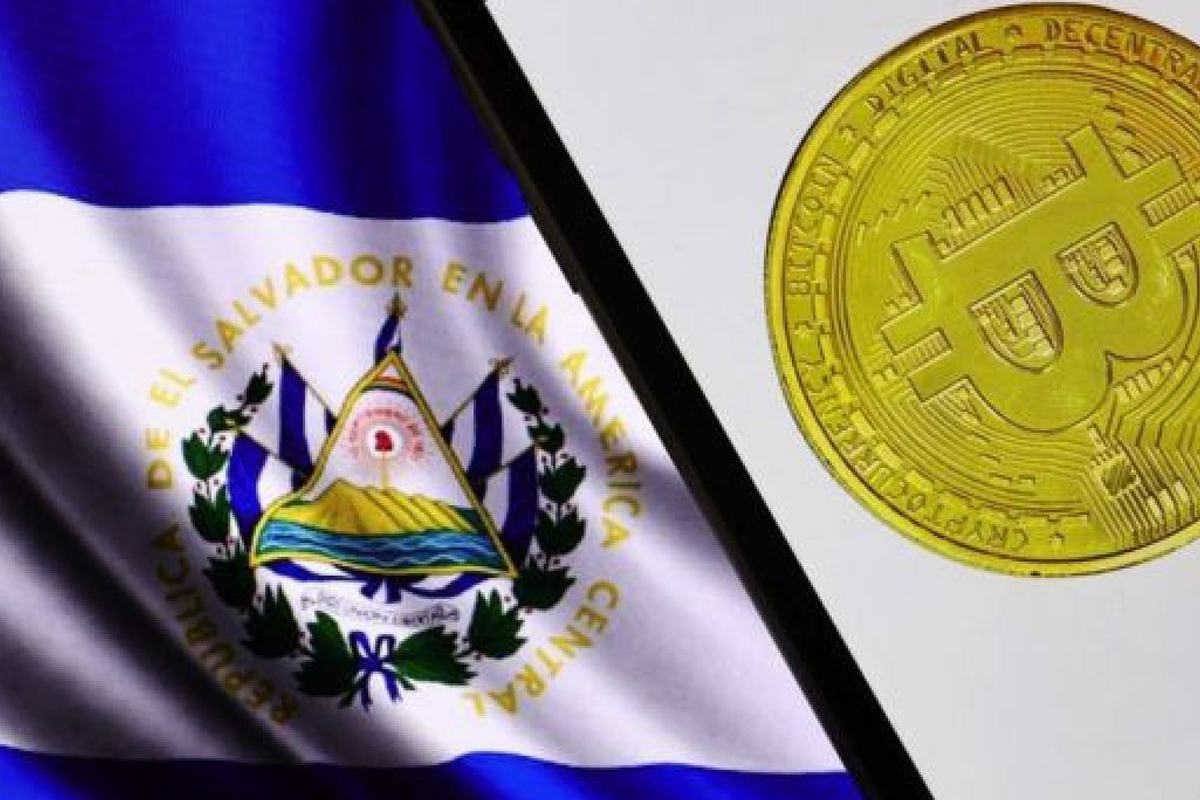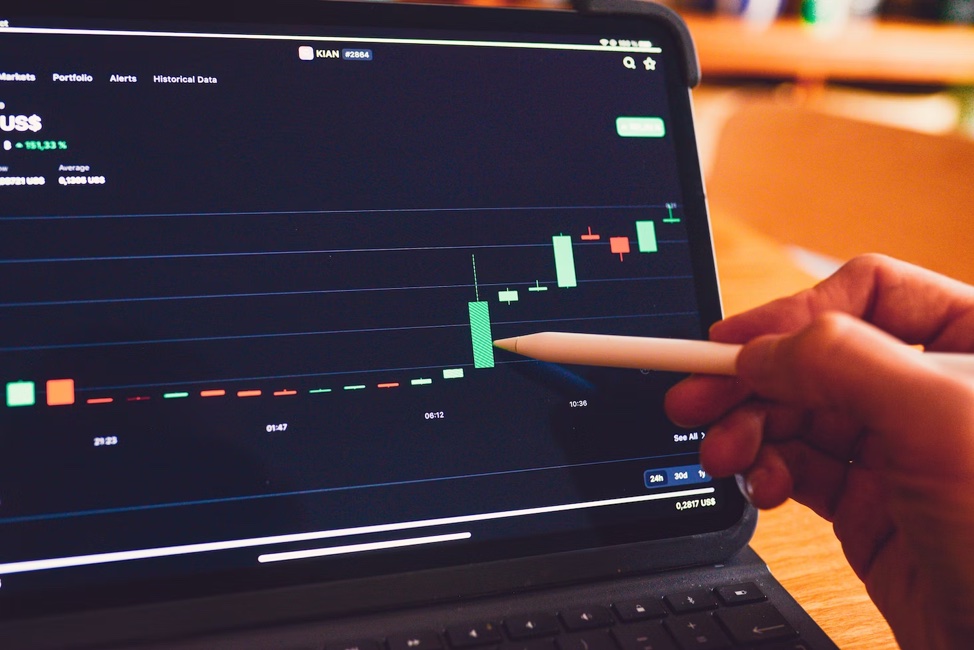El Salvador’s Congressional lawmakers pass the “Bitcoin Law” and the country becomes the first to adopt cryptocurrency as its legal currency.
El Salvador becomes a world reference for Bitcoin
It took just 3 days for El Salvador, the smallest country in Latin America, to become a world reference in Bitcoin (BTC).
Earlier on June 8, the country’s President Nayib Bukele used his Twitter profile to announce the sending of the so-called “Bitcoin Law” to the local Congress for a vote.
He enviado el anteproyecto de la #LeyBitcoin a la @AsambleaSV. pic.twitter.com/9vFztvvryG
— Nayib Bukele 🇸🇻 (@nayibbukele) June 9, 2021
Bukele submitted the bill to Congress after announcing the week before that El Salvador had partnered with digital wallet company Strike to build the country’s modern financial infrastructure using bitcoin technology.
The next day, Bukele announced that a “supermajority” of the Central American country’s lawmakers had passed the Bitcoin Law, receiving 62 of the legislature’s 84 votes.
The #BitcoinLaw has been approved by a supermajority in the Salvadoran Congress.
62 out of 84 votes!
History! #Btc🇸🇻
— Nayib Bukele 🇸🇻 (@nayibbukele) June 9, 2021
Bitcoin price rose 5% to $34,239.17 shortly after the vote.
What is the Bitcoin Law?
El Salvador made history by becoming the first in the world to allow the BTC to be used by its population in the same way as the US dollar, the country’s other currency.
Approved by most legislators in El Salvador’s congress, the Bitcoin Law basically establishes the digital asset as a legal currency in the country.
According to article 1 of the approved rule, the purpose of the Law is “to regulate Bitcoin as a unrestricted legal tender with liberating power, unlimited in any transaction”.

Thus, in addition to the US dollar, the most traded cryptocurrency in the world will be another currency operating in the Central American country.
Bitcoin Law implementation
So far, the Bitcoin Law doesn’t provide much detail about its implementation. However, it will come into effect just three months after its publication in the Official Gazette of El Salvador. Only after this period the digital currency can be used by individuals and legal entities to carry out any transaction that also accepts US currency.
According to the law, “every economic agent must accept bitcoin as payment”, except for those who “by a well-known fact and evidently do not have access to technologies that allow them to execute transactions in bitcoin”.

The Bitcoin Law also says that the exchange rate between the BTC and the dollar will be freely defined by the market.

According to Bukele, his main inspiration for the Bitcoin Law was a project that has been operating for more than two years on El Zonte beach, in the south of the country. In the region, some companies already accept BTC as a form of payment.
How to make transactions with Bitcoin?
To carry out transactions with Bitcoin, Salvadorans will need to have an electronic device with internet access. However, only 45% of the population has access to the Internet and more than 90% of rural households do not, according to a 2020 study by the IDB, IICA and Microsoft.
To solve the problem, the new law guarantees that the State “will promote the necessary training and mechanisms” to the population. Bukele announced that satellite infrastructure will be built to address the lack of connectivity in rural areas.

The approved text also indicates that all dollar-denominated cash obligations that existed before this new rule can be paid in BTC, which also includes payment of taxes.

Will it be the end of the dollar?
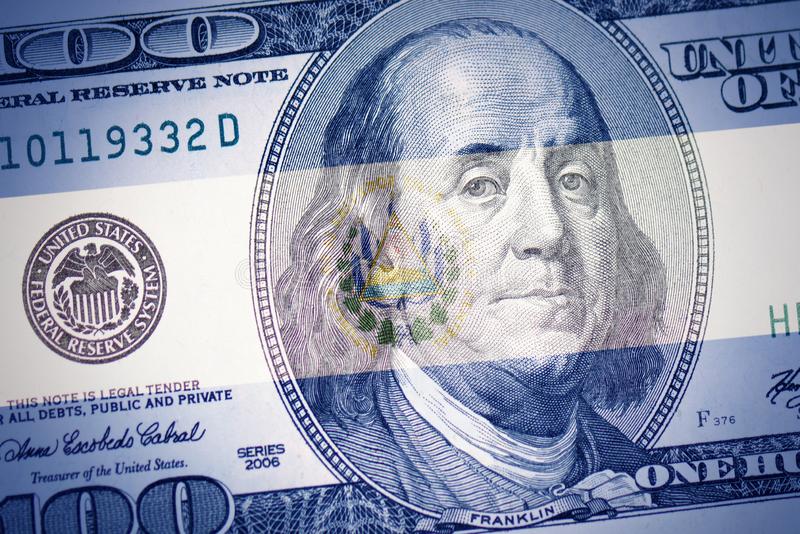
In theory, the new legislation offers freedom of choice in using dollar or BTC.
However, the Bitcoin Law contemplates a clear obligation for entrepreneurs or merchants by stating that “every economic agent must accept cryptocurrency as a form of payment”.
Experts say the same was done when the dollar was introduced as El Salvador’s local currency. In theory, the government said that prices in dollars and in Salvadoran colon (the extinct national currency) would coexist. However, we see today that this is not the case.
Faced with fears that Bitcoin will become mandatory in the country, Bukele denies that his goal is to “de-dollarize” the Salvadoran economy.
“We try to allow the entry of entrepreneurs, talents and innovators in our country. I don’t think that having the dollar here is a problem. On the contrary, I think it will help the fact that both currencies are legal tender“, claimed the president on his social networks .
The government promises to offer alternatives to promote the use of bitcoin in the country and the arrival of investors. Among the incentives to attract new capital in cryptocurrencies, the Salvadoran president highlighted that the country is one of the few taxes on property.
Bukele also said that there will also be no capital gains tax on bitcoin, as required by the new law. In addition, the country will offer immediate permanent residence for those investing in cryptocurrency in El Salvador’s economy.
It remains to be seen whether the dollar will lose strength in El Salvador and whether this will affect relations with the United States, which are currently distant.
Bitcoin X enviroment
The environmental impacts of Bitcoin mining are one of the most discussed issues in the crypto market.
It is worth remembering that the high consumption of energy and fossil fuels led Elon Musk to claim that Tesla would no longer accept BTC as a form of payment.
However, Bukele’s idea is to take advantage of the country’s natural resources – which has about 170 volcanoes – to offer renewable energy at a reduced cost.
The president used his Twitter to announce that he had instructed the president of LaGeo – the state-owned company responsible for controlling the country’s geothermals – to create a plan to offer the Salvadoran framework for BTC mining with low-cost, fully renewable and emission-free energy of carbon.
I’ve just instructed the president of @LaGeoSV (our state-owned geothermal electric company), to put up a plan to offer facilities for #Bitcoin mining with very cheap, 100% clean, 100% renewable, 0 emissions energy from our volcanos 🌋
This is going to evolve fast! 🇸🇻 pic.twitter.com/1316DV4YwT
— Nayib Bukele 🇸🇻 (@nayibbukele) June 9, 2021
Salvadoran geothermals are responsible for 20% of national energy. In addition, they have the potential to produce around 644 megawatts. But, according to the government, only 1/3 has been used.
This means that new investments in exploring this type of renewable energy must be made to optimize bitcoin mining in El Salvador.
Bitcoin Law pros ands cons
Pros
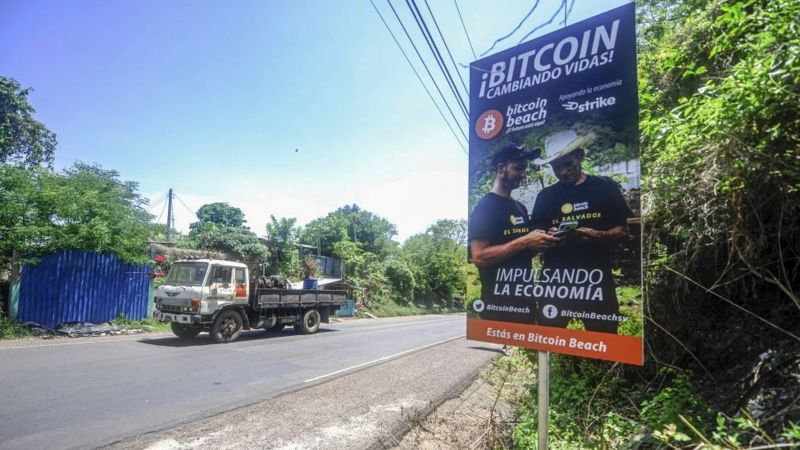
According to Bukele, one of the main benefits for the defenders of the Bitcoin Law is that, thanks to transactions involving crypocurrency, the population will be able to save with intermediaries’ commissions on the remittances they receive from abroad, which can reach 30% of the money sent.
Remittances are vital to the Salvadoran economy and account for approximately 16% of its Gross Domestic Product (GDP). Despite the pandemic, in 2020 the country received nearly $6 billion from its emigrants, of whom about 2.5 million live in the United States.
The president also pointed out that about 70% of the population does not have a bank account and works in the informal economy, which is why cryptocurrency can improve their financial inclusion.
“It’s a big change for the country and it’s a great opportunity (…). It will promote economic development, job creation… (…). This will be good for people, for investors, for innovators”, he said. Bukele, who credits the current banking system for many of the inequalities in the economy.
Bukele is so convinced that the arrival of the BTC could improve life for Salvadorans that he even believes it will prevent the mass migration of his countrymen to the United States.
“If we create more opportunities here, it will ease the pressure at the border. So everyone should be happy (…) I’m sure it will be good for everyone”, he said.
Cons
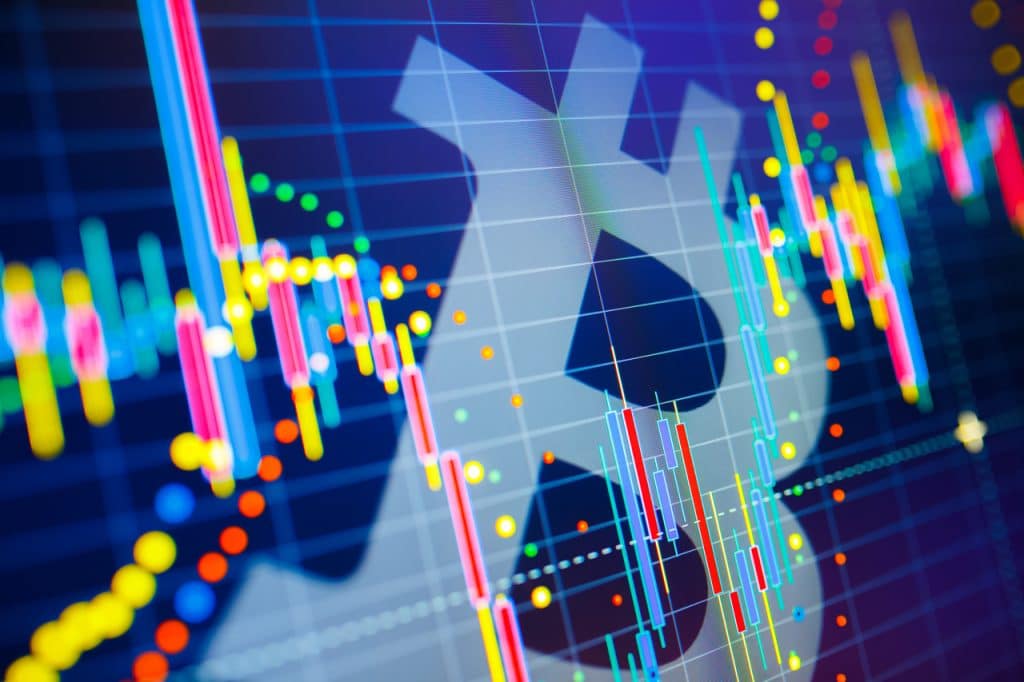
Critics claim that the main uncertainty discussed by the market and experts around the world is the volatility of the BTC.
While the digital asset posted record highs of over $64,000 this year, the digital currency faced one of the worst months in its history in May, sending its price plummeting to $33,000.
According to them, Bitcoin volatility could even reflect on a person’s purchasing power. And relying on a speculative market would not be a good idea.
To mitigate the risks, the government of El Salvador announced a $150 million fund in the country’s Development Bank for Salvadorans to exchange the cryptocurrency for dollars whenever they want. Thus, Bukele claims that the Salvadoran population will not assume the risks of fluctuation – which, according to him, will be assumed by the government.
Another topic under discussion is that the adoption of Bitcoin as a local currency can facilitate crimes such as money laundering, corruption, illegal embezzlement and others. It’s much easier to track money than cryptocurrencies, for example.
Even though the digital asset is premised on being secure, hackers and cybercriminals are increasingly looking to cryptocurrencies.
The issue of security is even discussed a lot. Even though it is premised on being a secure asset, hackers and cybercriminals are increasingly looking to cryptocurrencies.
If all these uncertainties were not enough, analysts believe that the bet on Bitcoin could hinder conversations with the International Monetary Fund (IMF), since the country is negotiating economic aid of up to US$ 1.4 billion.
What did experts say?
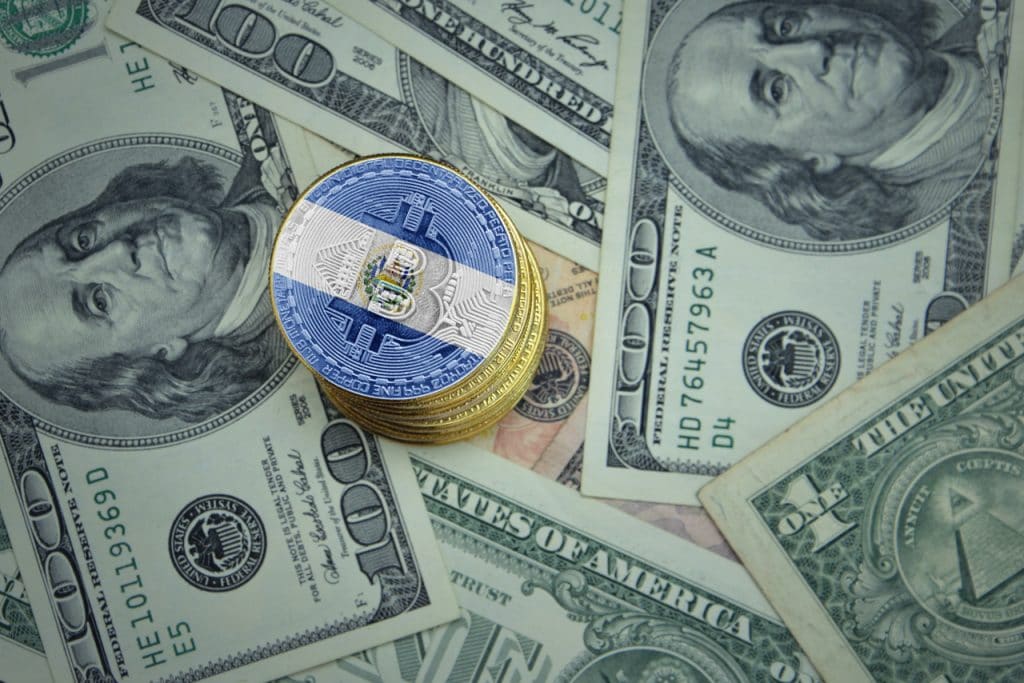
The news that a small country with a modest economy like El Salvador was the pioneer in accepting BTC as legal currency had an impact on several countries.
Not so much for the fact that Bukele, who is behind the Bitcoin Law, is a president of the millennial generation, who from the beginning has been using new technologies to help manage his country. But because the ambitious initiative was approved in record time and without much debate.
Experts say that in a context where El Salvador has many internal and international political problems, there is this new political distraction. However, a decision to change a monetary system cannot be made like that, as it would be a very irresponsible action.
They say El Salvador will become a global cryptocurrency laboratory. However, a simple currency exchange does not improve anyone’s life. What he does is give a better salary, a better pension or the entrepreneur sells more.
In any case, the small Central American country has undoubtedly already become the center of attention for bitcoin promoters and detractors. Its success or failure can determine whether or not the use of cryptocurrencies will spread in the future.

